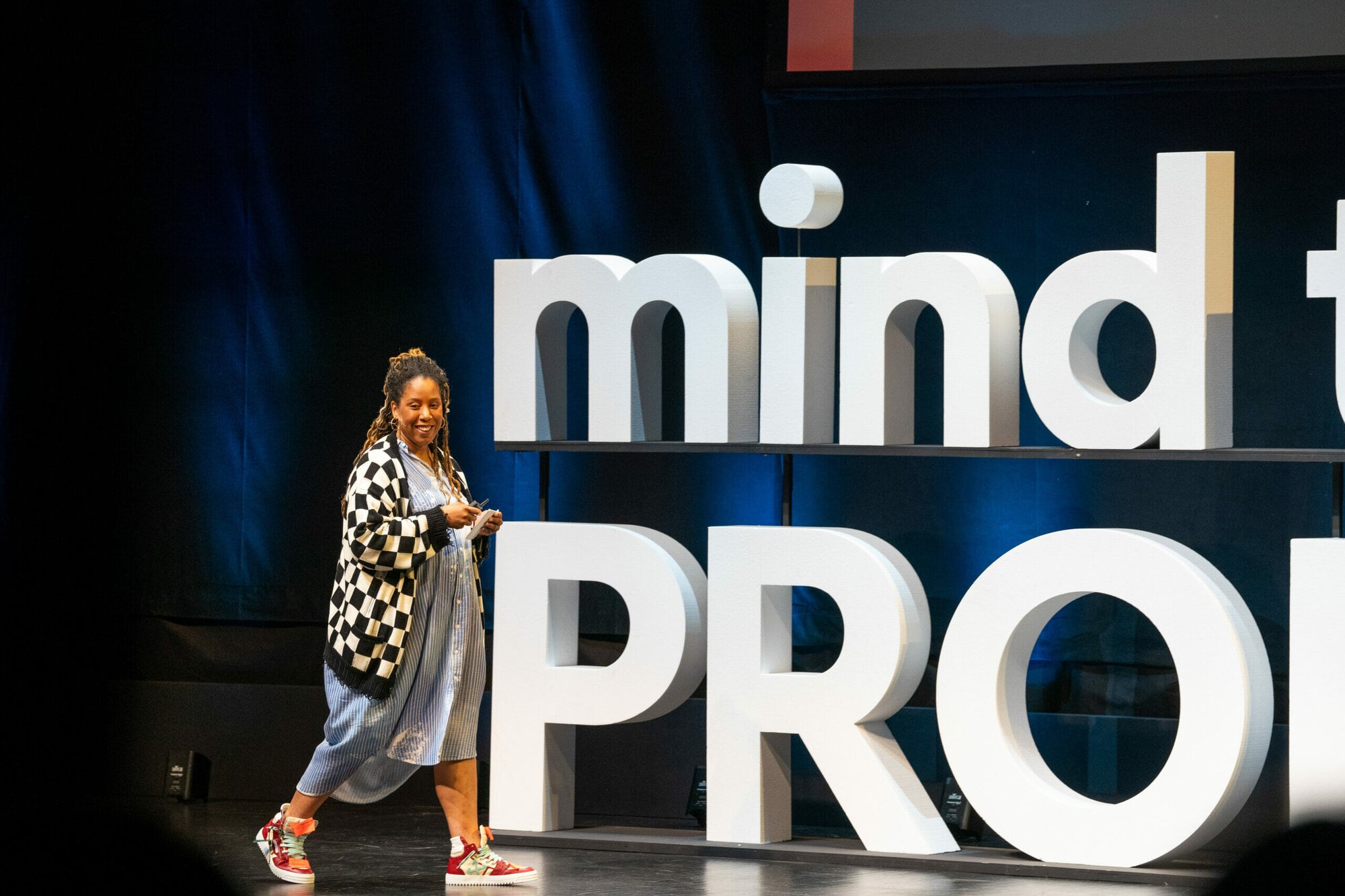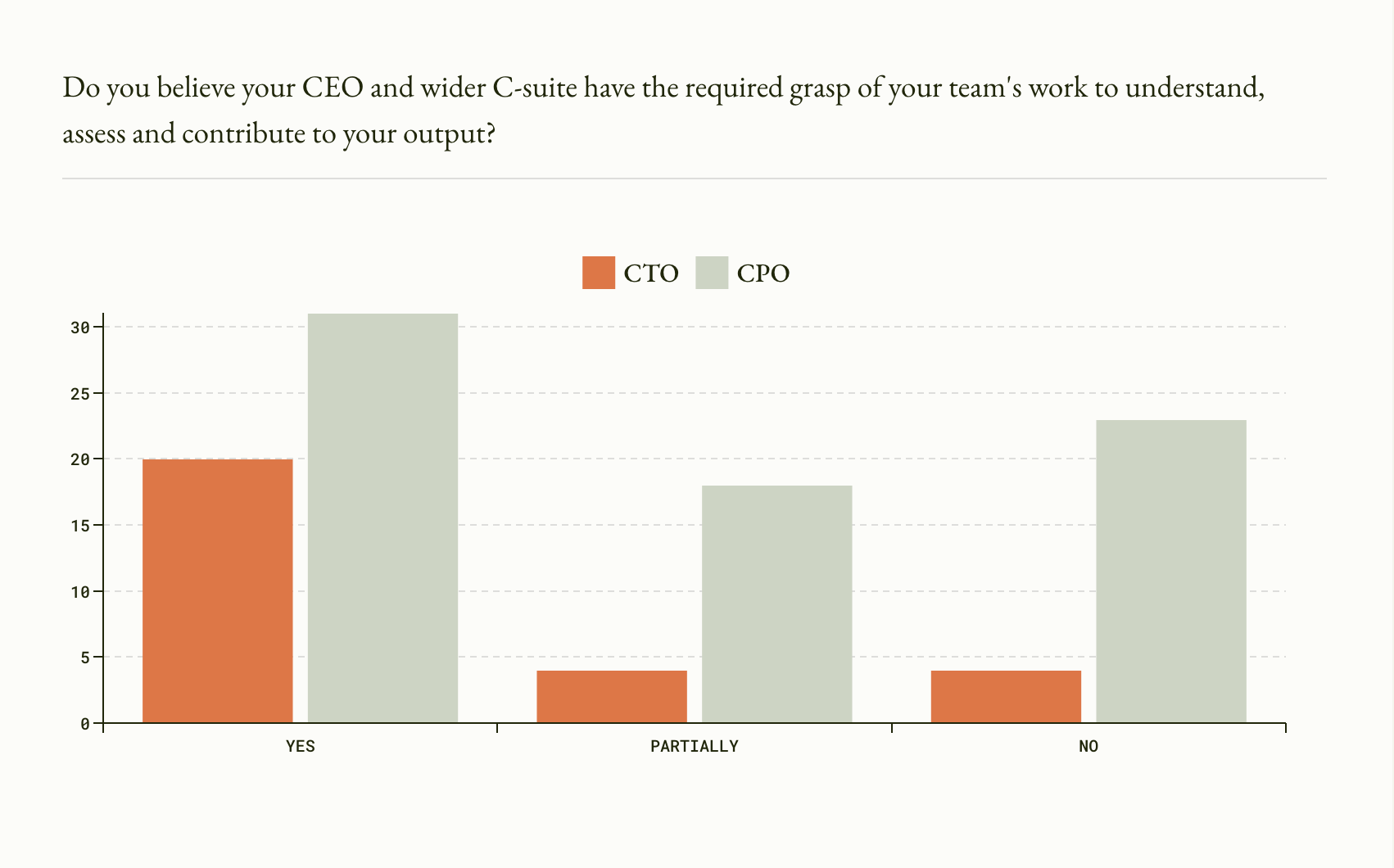Have you noticed that product management is taking a bit of a beating at the moment?
There’s currently a lot of noise about the effectiveness of product managers, noise that started with Elon Musk firing product teams at Twitter. This was followed by Brian Chesky revealing that Airbnb had ditched its classic product management function to combine it with product marketing. And anecdotally, we hear stories of product leaders being asked to justify their existence to their C-suite, and rumours of businesses reassessing their product management function.
What’s going on? Has product management changed, or perhaps it needs to?
The essentials remain the same
Obviously continuous learning is paramount and product managers always need to pay attention to opportunities to learn, but the essentials of the role are the same. They are likely to remain so, says Mind the Product managing director Emily Tate. “The basics never change, it’s the more advanced stuff that changes. For people who are new to Product, and companies that are still trying to figure out digital transformation, the basics – like prioritisation and user stories and roadmapping – don’t change.”
What is always changing, she says, is thinking and techniques around how to use the power of Product and product thinking to take a business to its next phase of development. Says Emily: “By this I mean frameworks like continuous discovery, more advanced techniques around experimentation and assumptions mapping, and the way that you test things and do user research.”
Becky Yelland, Product Director at Arenko Group, comments that product management has become more essential to the rest of the business over the last 20 years, but says “weirdly, I’m still asked the same question as I was 20 years ago, which is ‘what is your role?’.”
More hierarchy and complexity
Becky also points out that the hierarchy that now often comes with a product organisation has changed dramatically over the last few years – we have product owners, product managers, senior product managers – and so on and so on. When you couple this with the many paths that someone might take to end up in a product leadership role, it’s perhaps not surprising that the C-suite questions all the hierarchy and many layers of control in a product function. Becky also questions the way some businesses are organised, saying, “I think I see more success and synergy when Product and Tech are one division and not two separate ones”.
She observes that software development is much more complex than it used to be. There’s artificial intelligence and machine learning and there are roles for product analysts, data analysts, data scientists and the like – which are all part of the product and make a product manager's job more complex than it used to be.
“The other thing that’s changed is data,” says Becky. “Back in the day, we would just go with our gut, talk to a few customers and gather data and evidence in that way. Now we've got smart people that take data from the data lake, we analyse it, get insights from it, and make decisions based on that data. We talk a lot about OKRs and metrics and what metrics we're going to use to shift the dial. And we look to data to evidence that shift.”
A hirer’s market
There are lots of product people in the market for a new job at the moment, says Nick Charalambous, CEO at specialist tech recruiters Few&Far. He says the volume of applicants has drastically increased since the end of last year – no doubt due to redundancies in tech and because companies are struggling to secure new funding – but that hasn't had a drastic effect on the salary expectations of available candidates. “Salaries seem to have only dipped by 5% or so from what we've seen. This may change in the coming months. From a skillset perspective, there hasn't been a drastic change in the last year or so but there is more demand for product managers with a good technical background or knowledge. This may be because the biggest growth areas are in AI, SaaS, fintech and health and all have quite complex back-end products.”
Becky wonders if domain expertise continues to be a sticking point for some hiring managers. “I'm pretty open to taking people on who don't have explicit domain experience,” she says, “but I still see that health tech, for example, very much looks for domain expertise. I've got mentees who are trying to break into health tech, and they're struggling because they don’t have domain expertise.”
Her observations are echoed by Richard Sadd, CEO at recruiters Acquired Talent, who has worked with Wise and Ocado among others to build out their product teams. He says that in his experience, fintech businesses can be quite specific about the skill sets they need. “Outside of fintech, product skills and experience are typical more transferable,” he says. He doesn’t, however, think there’s a shift in the perception of the value of product management.
Show how you provide value to the business
All these elements – hierarchy, complexity, data and so on – have been around for a long time. The signals have always been there, lots of disciplines have run-ins with product managers from time to time. They’re being highlighted now, says Emily, because the downturn in tech is leading businesses to question where they can make efficiencies. “The noise isn’t coming from product people, but from outside Product,” she says. “At a time when there are layoffs, lots of conversations about efficiency, and everything is having to be justified to the nth degree, Product is an easy one to look at and say ‘what value are you providing?’.”
How do you manage the conversations if you’re in a business where efficiency of the product management function is being questioned?
It can be a difficult answer to articulate, says Emily, because product people often help to make things better in ways that aren’t always very measurable. She adds that many product managers still have a lot to learn about product management, and thinks that this contributes to some of the current scrutiny of product management.
“Product management is a skill, a craft that not everyone can just pop into,” she says. “We are the glue in the product trio – facilitating and making sure things work as smoothly as possible so that everyone can do their best work.” It’s not just a question of implementing frameworks – a framework just provides a way for product people to organise their thinking, and may stop being useful when a situation changes: “Once you understand the whys behind the framework, then you can break it and still keep the principles that you were trying to accomplish with it.”
Emily references research from Pendo, published late last year The Power of Product in an Economic Downturn. Key among its findings is that product-led growth is gaining traction as companies become forced to do more with fewer resources and staff. The report also concludes that companies that come out of the current economic landscape not only intact, but thriving, will be those that recognise a strong product is the key to strong business performance. The report says: “A company’s product is becoming the primary means to engage with and expand opportunities with existing customers, acquire new ones, and automate critical sales, marketing, and support functions. More than any other area, product is becoming the vehicle to drive growth and strengthen organisational efficiency and resilience.”
Emily concludes: “Every 18 months to two years, we have a debate about something – whether product managers should have a computer science background, whether designers should code, whatever it is. Those of us that have been around for a long time have learned to block out the noise and just get on with what we do, which is proving our value. What’s going to win out over the noise is product managers being a part of teams that work in great collaboration to build excellent products.”
Further reading
ProductTech: The industry, the discipline, have we gone too far?
Product manager job titles and hierarchy







